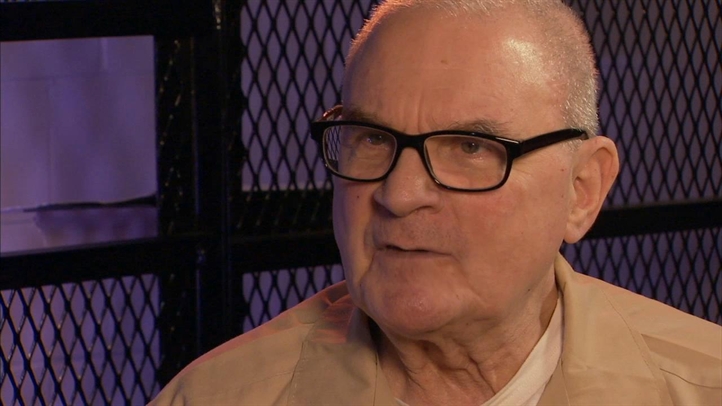The Philadelphia Housing Authority Thursday became the largest public housing agency in the country to ban smoking in its complexes.
The new policy applies to apartments and common spaces in buildings owned by the agency, and affects about 36,000 residents and their visitors.
The authority's Board of Commissioners voted unanamiously to approve the policy, which will take effect August 5.
Resident advisory board president and resident commissioner Asia Coney said reactions from neighbors are mixed.
"There are some individuals that are adamant about it being legal and that they should be able to smoke. There are other residents who are actually applauding the process because of various health issues," Coney said.
"Overwhelmingly, the resident population and resident leadership, through a series of meetings, a series of negotiations, have come up with a policy we think we can live with," she said.
Local
Breaking news and the stories that matter to your neighborhood.
One hard-fought point: adherence for current residents will be largely voluntary.
Anyone caught smoking outside of designated smoking areas outdoors will be issued a written notice of violation and encouraged to enroll in PHA-approved tobacco cessation program. However, the new rule spells out that repeated violations cannot be used as grounds for eviction.
"We wanted to make sure it that it wasn't merely a punitive policy, we wanted to make sure that our families were getting the resources, the tools that they need to they can stop smoking," said the Philadelphia Housing Authority's president and CEO Kelvin Jeremiah.
Four smoking violations could be grounds for eviction for residents who sign leases after the rule takes effect in August on new or refurbished apartments.
The PHA is following a national trend for both commercial landlords and public housing authorities in going smoke-free.
According to the Department of Housing and Urban Development, 571 public housing agencies had smoke-free policies as of December of 2014, up from just two in 2000. The federal agency has been encouraging housing agencies to go smoke-free for years.
Smoke gets into ventilation systems and seeps through cracks in walls, exposing nonsmokers to secondhand smoke in multiunit buildings.
"The majority of air that's in someone's apartment is air that's shared through common ventilation," said Ann Klassen, a public health professor at Drexel University. "When tobacco is used anywhere in a multiunit building, there's really no part of the building that won't have air exchange and won't be exposed to that secondhand smoke."
Recent Drexel University research in Philadelphia public housing units found 70 percent of common areas and 21 percent of nonsmoking households tested had detectable levels of nicotine in the air. In common areas, the highest level was equivalent to smoking six to ten cigarettes a day.
Secondhand smoke is linked to cancer, asthma and lower respiratory tract infections in children, as well as cancer and heart disease in adults.
For both commercial landlords and public housing administrators, cost-savings are a secondary driver of these smoke-free policies.
"When units turn over, a smoking unit costs a great deal more to clean and renovate for the next tenant," Klassen said.
Fifty six percent of residents surveyed in Klassen's study of the Philadelphia Housing Authority were current smokers, and 82 percent said they would be interested in living in a smoke-free community.
Locally, public housing agencies in York County and Allentown ban smoking, as do some complexes in the public housing system in Wilmington, Delaware.



